Introduction
The Rosenberg Self-Esteem Scale (RSES) stands as a seminal instrument in social science psychology and mental health, widely utilized for assessing global self-esteem. Morris Rosenberg developed this concise 10-item questionnaire in 1965. Consequently, it has profoundly influenced research and clinical practice worldwide. Indeed, it boasts over 2,600 citations on Google Scholar, underscoring its significant impact and reliability in various settings.
This article delves into the RSES’s core features, applications, and its crucial role for researchers and clinicians seeking to quantify positive and negative feelings about the self.
Key Features of the Rosenberg Self-Esteem Scale
Purpose and Use
The RSES actively assesses an individual’s global self-esteem, measuring self-worth, self-acceptance, self-confidence, and overall self-perception. Consequently, clinicians and researchers frequently use it for screening, monitoring, and research across diverse populations. For instance, its straightforward design makes it a practical tool for evaluating self-esteem in both clinical and academic settings.
Target Population
Originally designed for high school students, the RSES has since been rigorously validated and widely used across a broad spectrum of adult populations. This includes
- Adolescents (13-17 years)
- Young adults (18-24 years)
- Middle-aged adults (25-44 years)
- Older adults (45-64 years)
- Seniors (65+ years).
Moreover, it proves particularly relevant for students at high school and university levels, supporting its wide applicability.
Structure
The RSES is a succinct, 10-item scale that evaluates global self-worth. Notably, five items are positively worded (1,3,4,7,10), expressing confidence, self-worth and a healthy attitude toward oneself (e.g., “I feel that I am a person of worth, at least on an equal plane with others”). When rated higher, they indicate strong self-esteem.
Conversely, five items are negatively worded (2,5,6,8,9), reflecting self-doubt feelings of inadequacy, or negative self-perception (e.g., “At times I think I am no good at all”). These questions specifically refer to how individuals feel about themselves and perceive their abilities, qualities, and overall worthiness. Higher agreement suggests lower self-esteem, so their scores are flipped.
Scoring Method
The RSES uses a 4-point Likert scale, ranging from “Strongly Agree” to “Strongly Disagree”. For consistent scoring, items are typically coded as: Strongly Agree = 3, Agree = 2, Disagree = 1, and Strongly Disagree = 0. Importantly, negatively worded items require reverse-coding before summing all 10 items. Sum all 10 items after reverse-coding negatives (Strongly Agree = 0, Agree = 1, Disagree = 2, Strongly Disagree = 3) The total score ranges from 0 to 30, with higher scores indicating greater self-esteem.
Established cut-off scores guide interpretation:
- < 15: Indicates low self-esteem
- 15–25: Represents average self-esteem
- > 25: Suggests high self-esteem
Administration Format
The RSES offers flexibility through multiple formats, including:
- Digital (online) platforms
- Paper-based forms
- Through in-person interviews
- Phone/video calls.
Patients typically complete the questionnaire in less than 5 minutes, making it highly efficient. Moreover, as a self-administered tool, it requires no special training, enhancing its practicality for diverse settings.
Applications of Rosenberg Self-Esteem Scale
The RSES is a versatile tool with several significant applications in both clinical practice and academic research:
- Screening: It swiftly identifies individuals who may exhibit low self-esteem, prompting further psychological evaluation.
- Monitoring: Clinicians can track changes in a patient’s self-esteem over time, particularly in response to therapeutic interventions.
- Research: It serves as a reliable outcome measure in studies investigating mental health, psychological well-being, and the effectiveness of various interventions.
Languages and Availability
To support its extensive global application, the RSES has been meticulously translated and validated in over 20 languages. This includes:
- Arabic
- English
- Mandarin Chinese
- Spanish
- French
- Russian
This multilingual accessibility significantly enhances its value in diverse clinical and research settings worldwide. The scale is considered to be in the public domain. It is generally free to use for non-commercial purposes, requiring no specific licensing. However, for commercial or extensively funded academic projects, it is advisable to consult Princeton University Press, the original publisher: Contact info. The original author, Morris Rosenberg, is deceased. For inquiries, contact the University of Maryland’s Sociology Department: Here
Reliability and Validity
The RSES demonstrates high reliability and validity, critical for its widespread use in scientific inquiry. For instance, its Cronbach’s alpha ranges from 0.77 to 0.88, indicating excellent internal consistency. Moreover, validation studies confirm its robustness across diverse populations and cultural contexts, solidifying its status as a gold-standard measure in self-esteem research
Limitations and Considerations
Despite its strengths, the RSES has a few limitations:
- Self-report measure: When used as a self-report tool, responses can be influenced by a patient’s subjective perception or recall bias, potentially impacting data accuracy.
- Cultural Bias: The definitions of self-esteem and its manifestations may not translate perfectly across all cultures, potentially affecting the scale’s universality.
- Age Restrictions: While broadly applicable, minor adaptations or considerations may be needed for very specific age groups outside the main validation ranges.
Social Desirability Bias: Respondents might tend to answer in a way that presents them favorably, rather than truthfully, which can skew results.
Other Versions and Related Questionnaires
Researchers should be aware of other versions and related questionnaires that complement or offer alternatives to the RSES:
- Brief Rosenberg Self-Esteem Scale (B-RSES): This is a 5-item shortened version, ideal for situations where time constraints are paramount.
- Children’s RSES (CRSES): This adaptation has been validated for measuring self-esteem in children aged 7-12 years.
Adaptations with 5- or 7-point Likert scales exist, but the original 4-point scale is most commonly used.
Other related questionnaires include:
- Coopersmith Self-Esteem Inventory (CSEI): A 50-item scale (25 items for children) measuring attitudes toward self in social, academic, and personal contexts.
- Harter Self-Perception Profiles: These tools focus on children and adolescents, measuring self-esteem across various domains like scholastic, social, and athletic.
- Piers-Harris Children’s Self-Concept Scale (PHCSCS-2): A 60-item scale for children, including a self-esteem subscale (intellectual, physical).
Additional Resources
For further exploration, consider these resources:
- A free online version of the Rosenberg Self Esteem Scale. Here
- The original author, Morris Rosenberg, is deceased. For inquiries, contact the University of Maryland’s Sociology Department: Here
- Or contact the publisher Princeton University Press: Here
- Rosenberg Self-esteem scale _ American psychological association: Link
Frequently Asked Questions (FAQ)
- Who can use the RSES?
Clinicians, researchers, and other healthcare providers widely use the Rosenberg Self-Esteem Scale for adolescents (13-17 years) and adults (18 and over), particularly in mental health and psychological research. - How long does it take to complete the RSES?
Patients and clinicians can typically complete the assessment in less than 5 minutes, making it highly practical for busy settings where efficiency is key. - How is the RSES administered?
Healthcare teams can administer the questionnaire via paper-based forms, digitally (online), through an in-person interview format, or even via phone/video calls, offering significant flexibility. - Is there any cost to using the RSES?
The RSES is generally free for non-commercial use, particularly as it is considered public domain. However, for commercial purposes or modifications, it is advisable to consult the original publisher at Contact info
The original author, Morris Rosenberg, is deceased. For inquiries, contact the University of Maryland’s Sociology Department: Here
A word from ResRef about Rosenberg Self-Esteem Scale
The Rosenberg Self-Esteem Scale (RSES) provides a trusted, easy-to-use tool to measure global self-worth across populations. Its strong reliability, validity, and free availability make it ideal for research and clinical settings. Therefore, incorporating the RSES deepens understanding of self-esteem’s role in mental health, supporting meaningful personal and professional growth.
References
- Jelisavac, Danijela. (2024). VALIDATION OF THE ROSENBERG SELF-ESTEEM SCALE -RSES (ROSENBERG, 1965). 12. 83-94. Link
- Jiang C, Zhu Y, Luo Y, Tan CS, Mastrotheodoros S, Costa P, Chen L, Guo L, Ma H, Meng R. Validation of the Chinese version of the Rosenberg Self-Esteem Scale: evidence from a three-wave longitudinal study. BMC Psychol. 2023 Oct 18;11(1):345. doi: 10.1186/s40359-023-01293-1. PMID: 37853499; PMCID: PMC10585735. Link
- Makhubela, M., & Mashegoane, S. (2017). Psychological validation of the Rosenberg Self-Esteem Scale (RSES) in South Africa: Method effects and dimensionality in black African and white university students. Journal of Psychology in Africa, 27(3), 277–281. Link
- Ruddell, R. J. (2020). Validity and reliability evidence for the Rosenberg self-esteem scale with adults in Canada and the United States (T). University of British Columbia. Link.


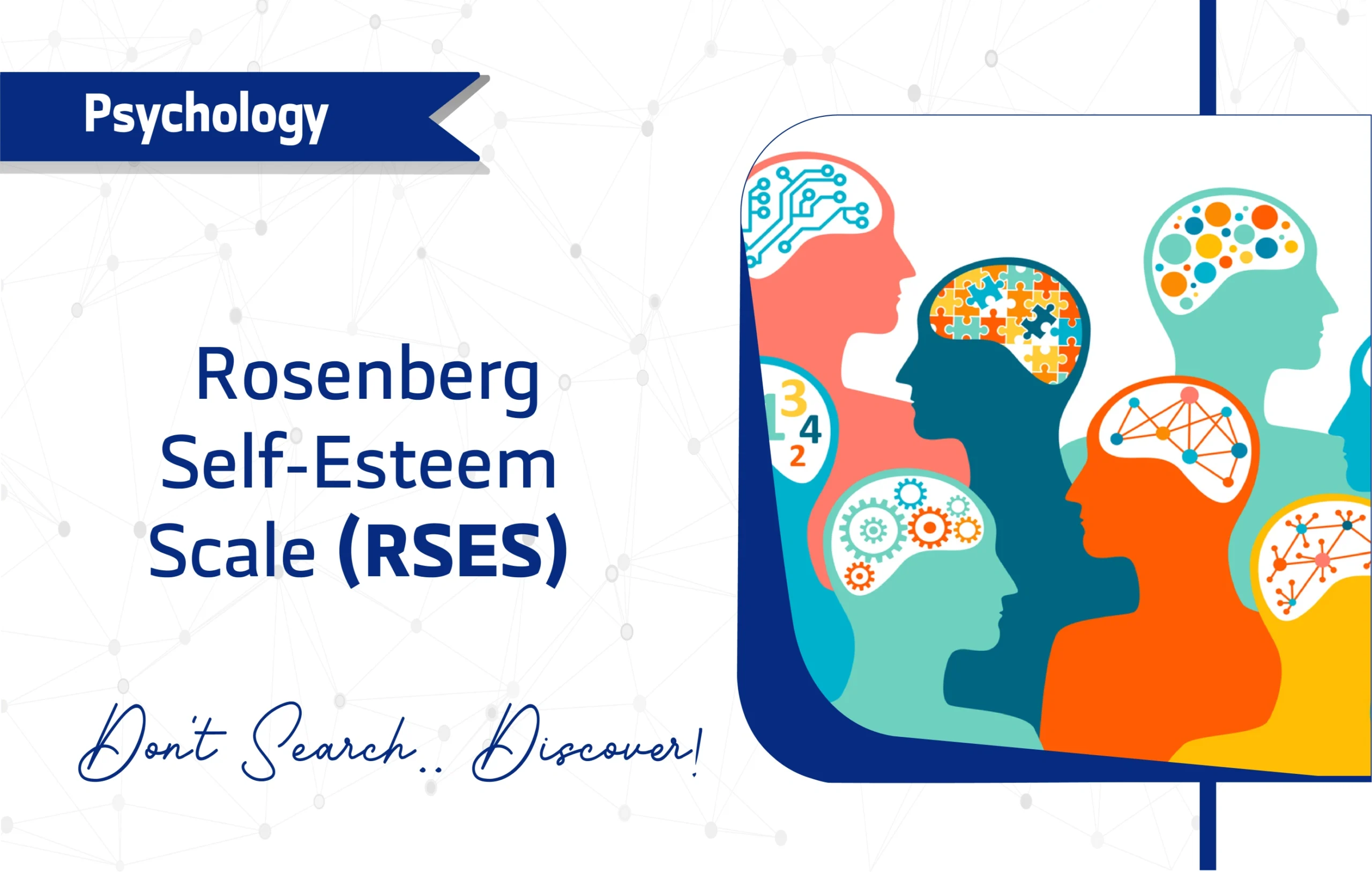
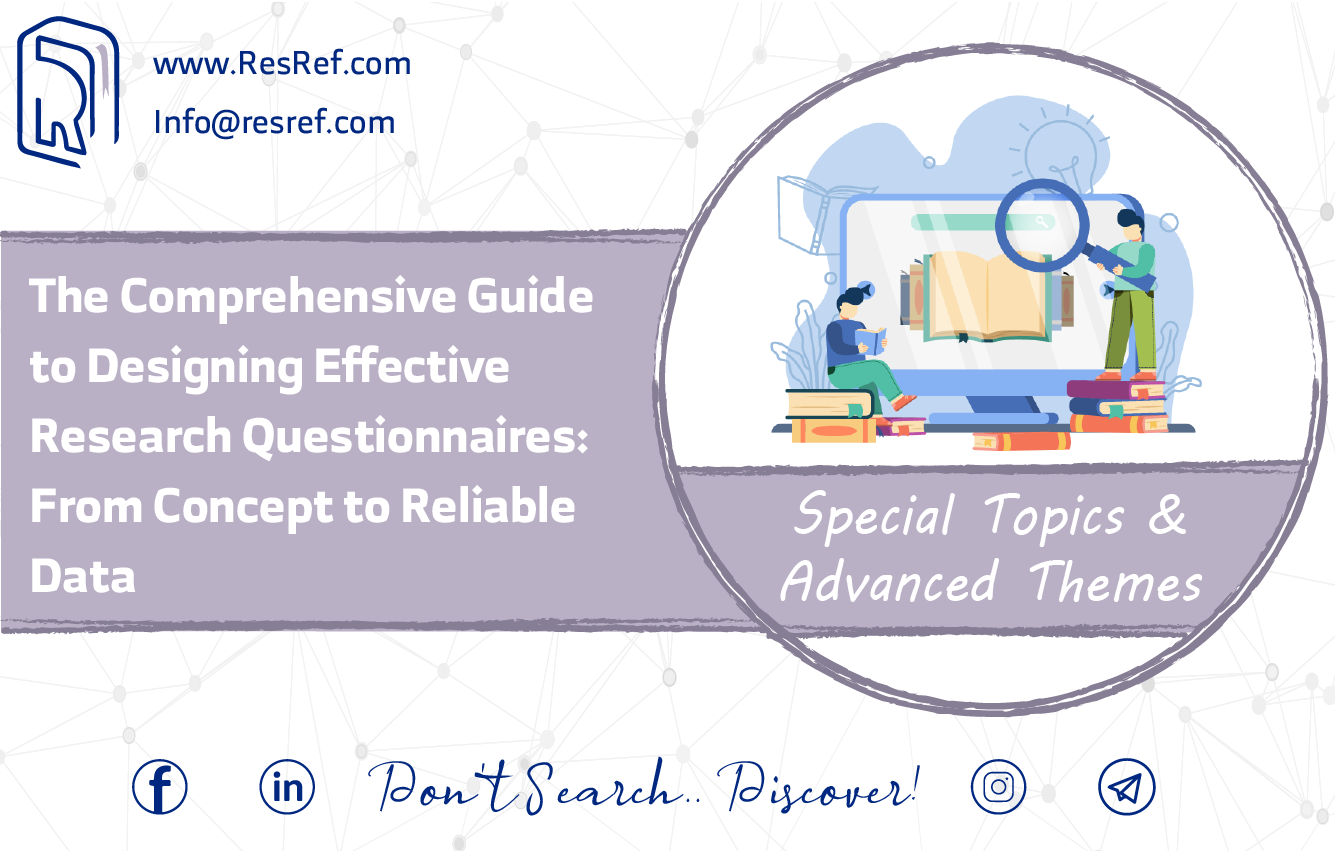
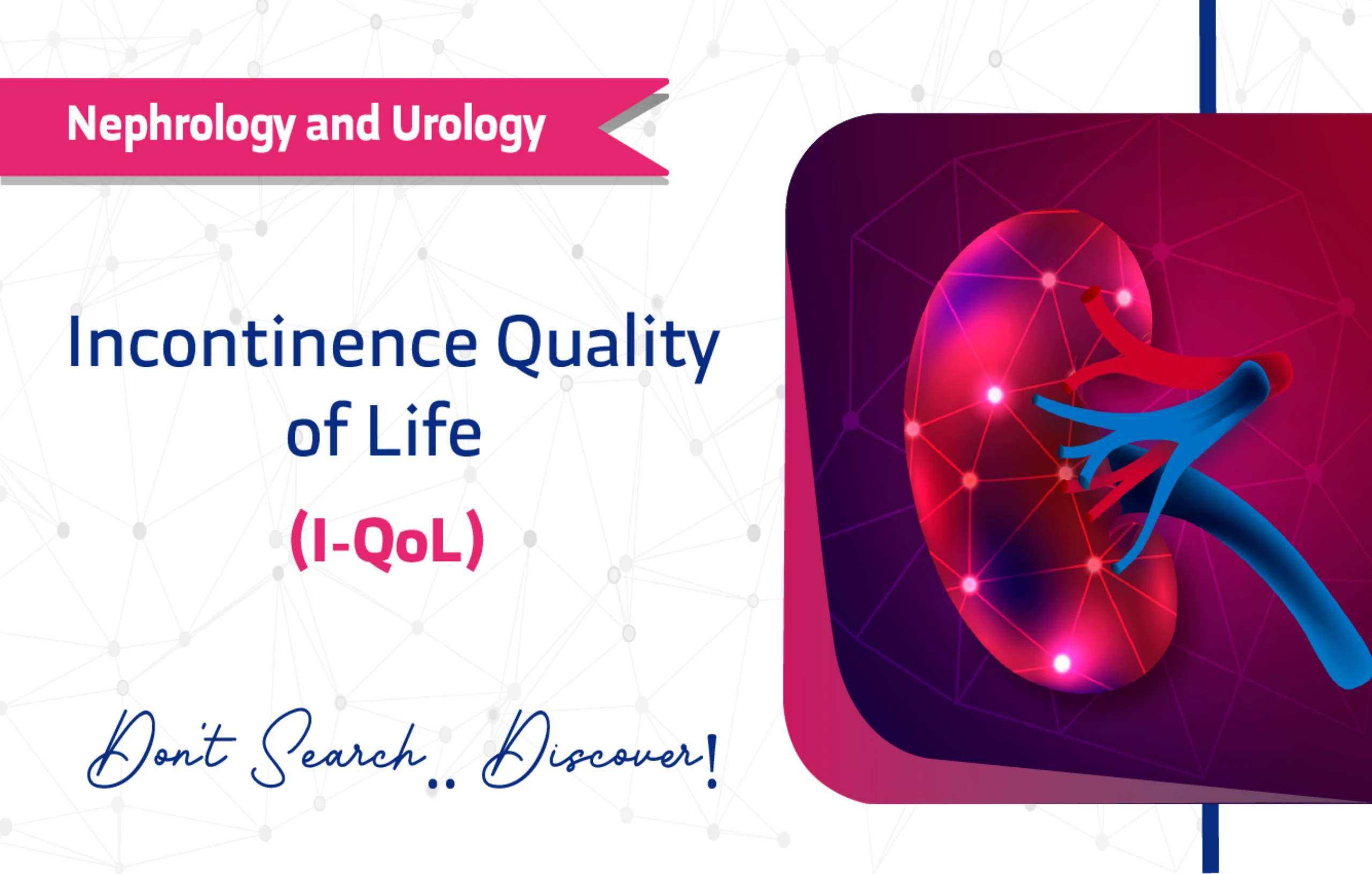
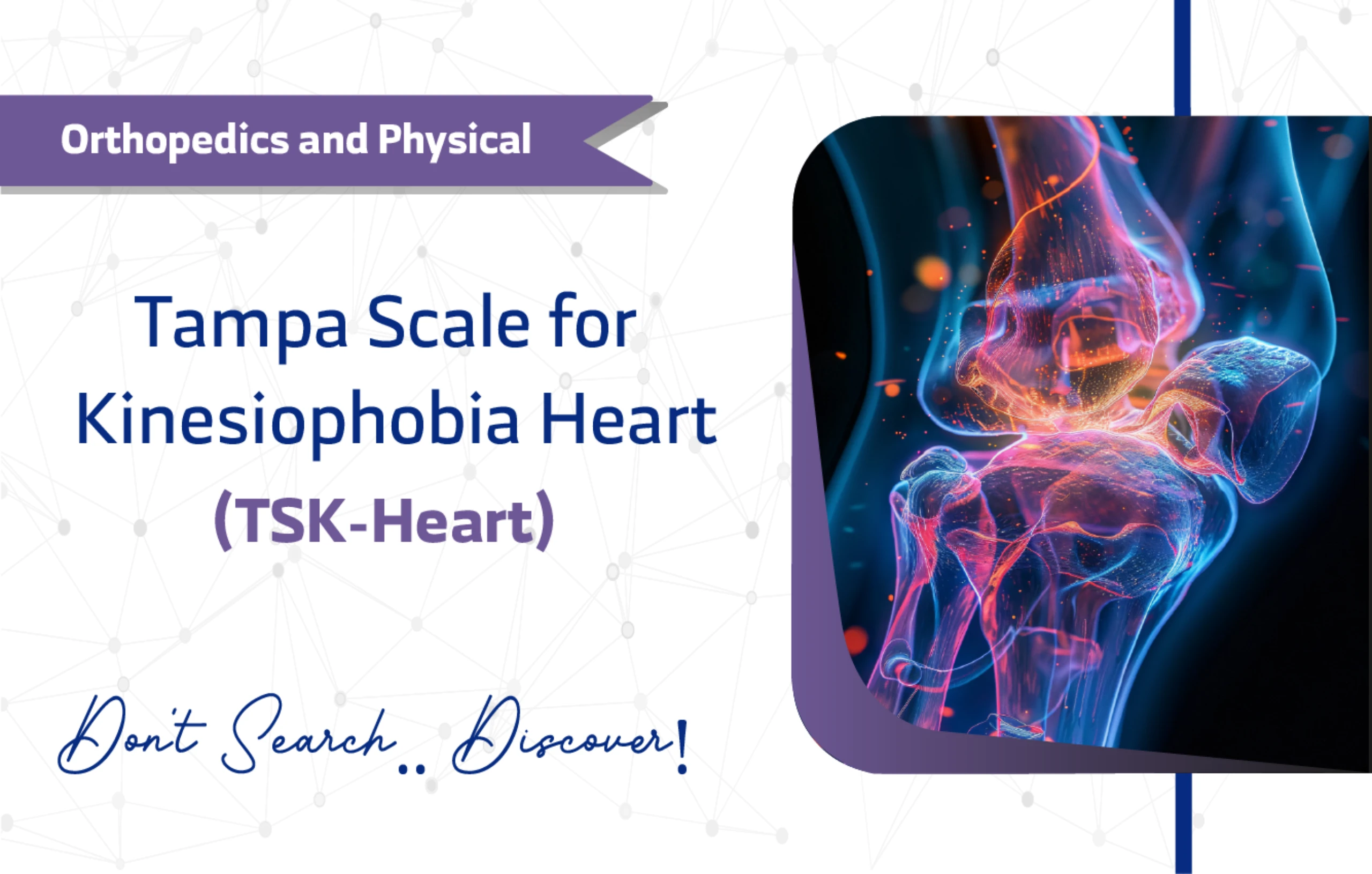

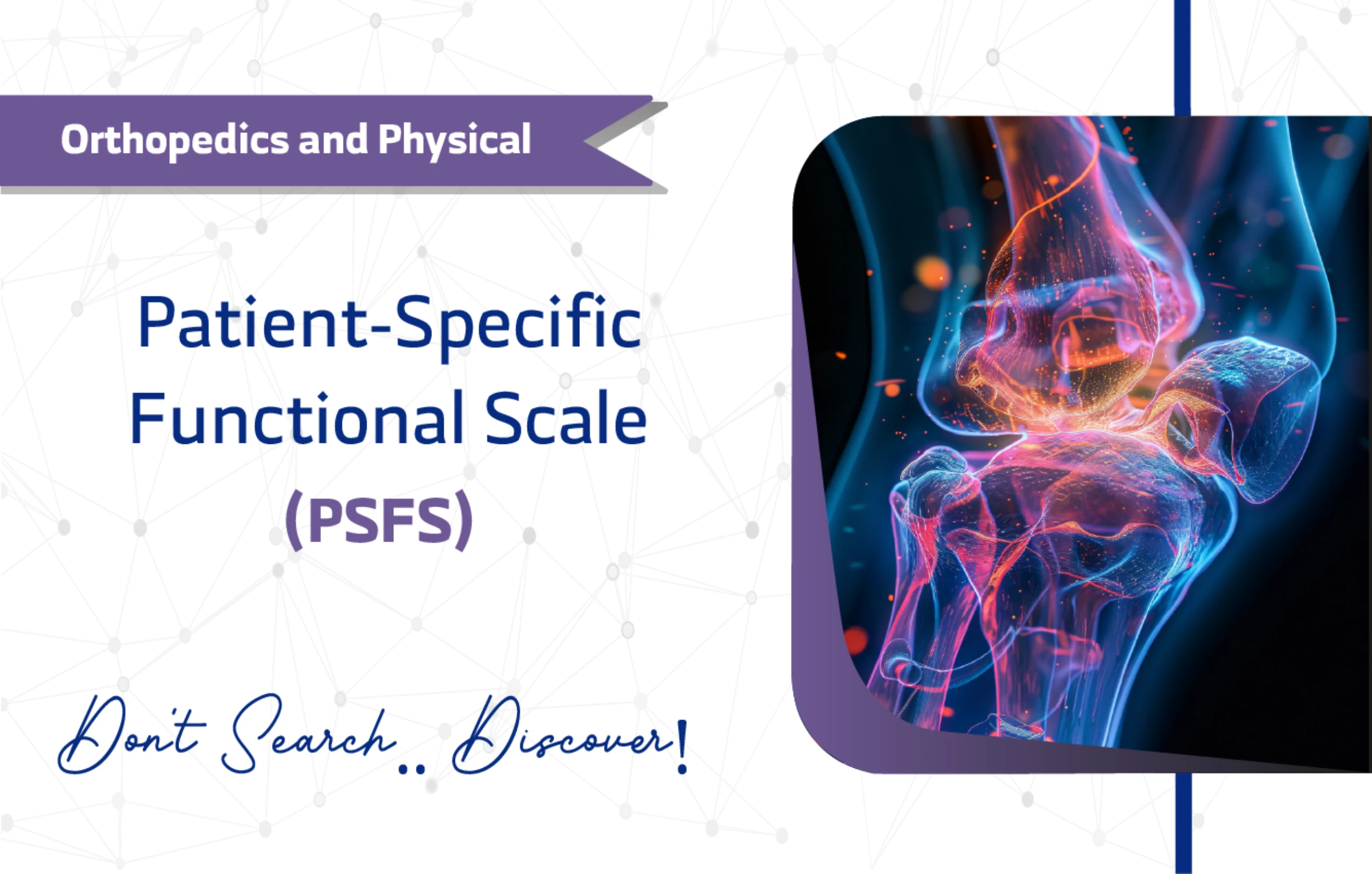
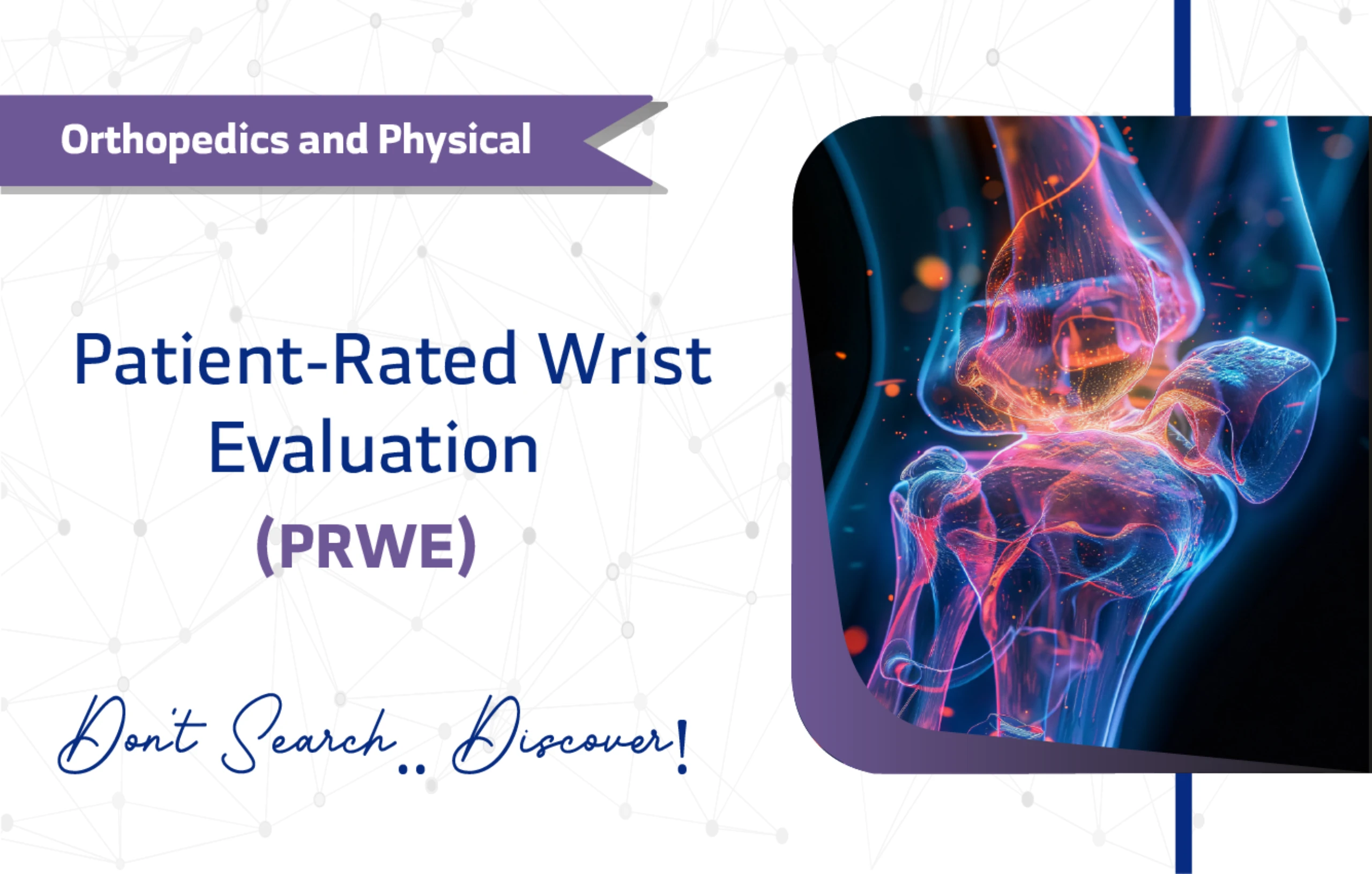
5 thoughts on “Rosenberg Self-Esteem Scale (RSES): A Full Guide for Researchers and Clinicians”
I’m lucky to find this site on bing, just what I was looking for : D as well bookmarked.
You must take part in a contest for one of the best blogs on the web. I’ll recommend this website!
It’s best to participate in a contest for the most effective blogs on the web. I’ll recommend this web site!
I respect your piece of work, thanks for all the interesting articles.
This platform respects the user’s understanding